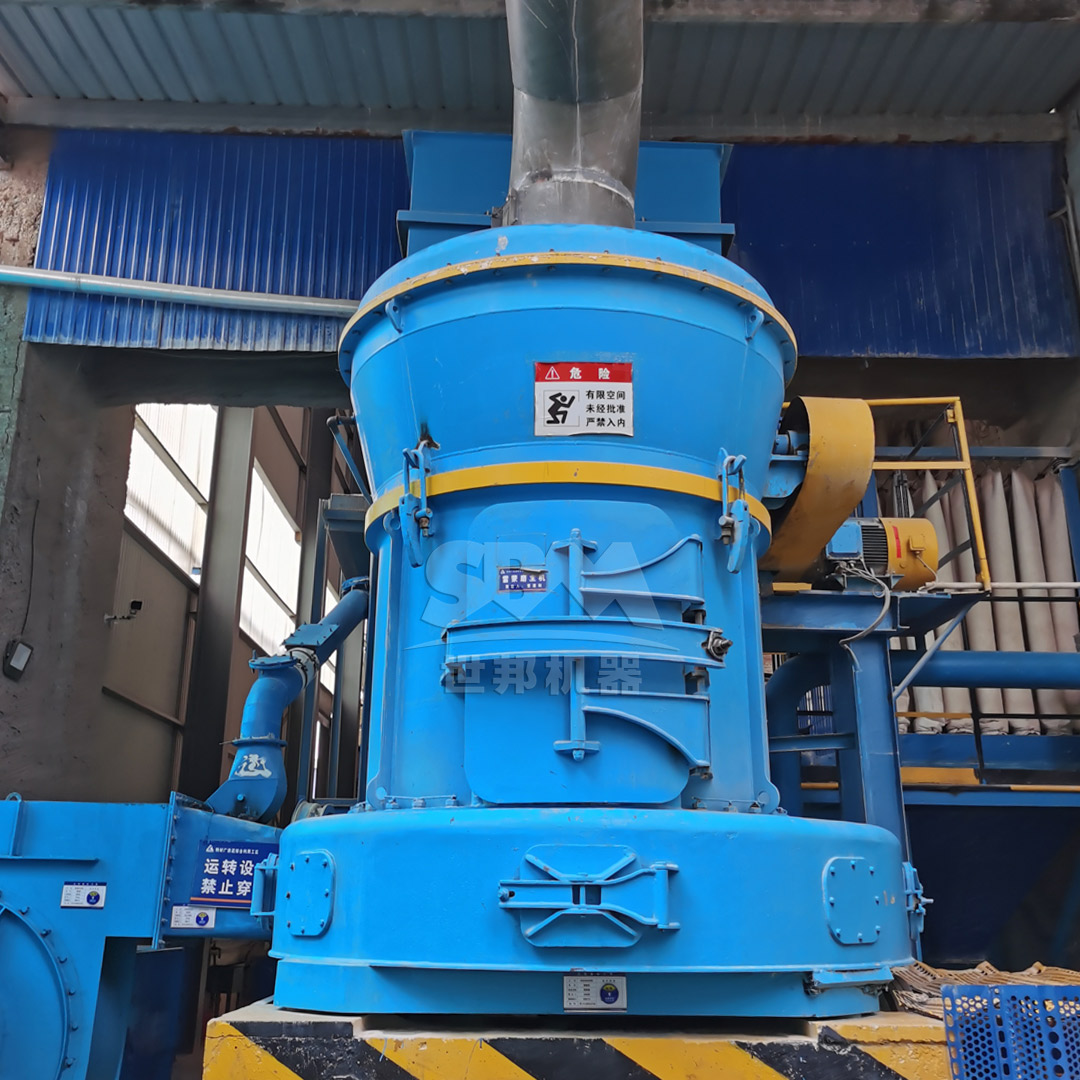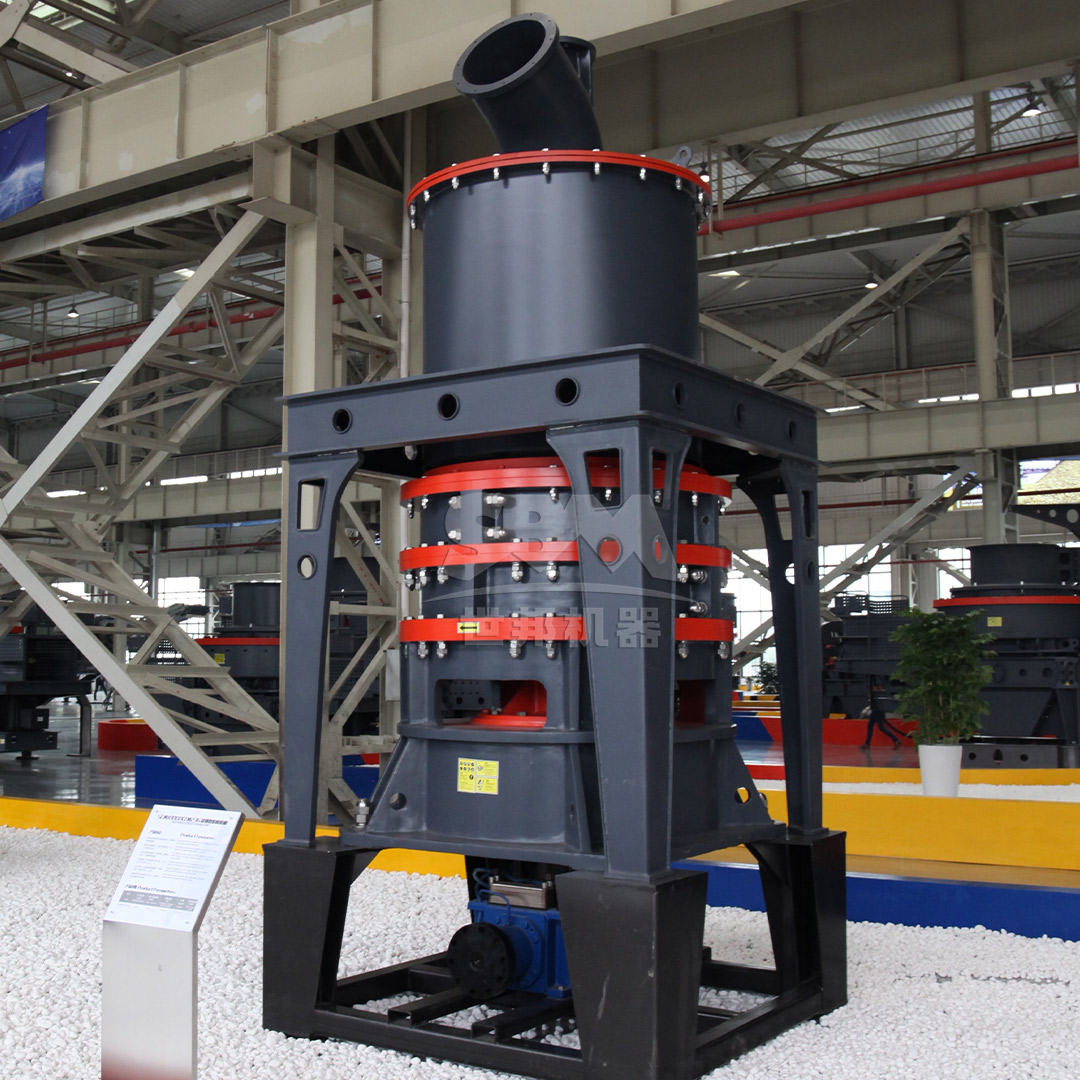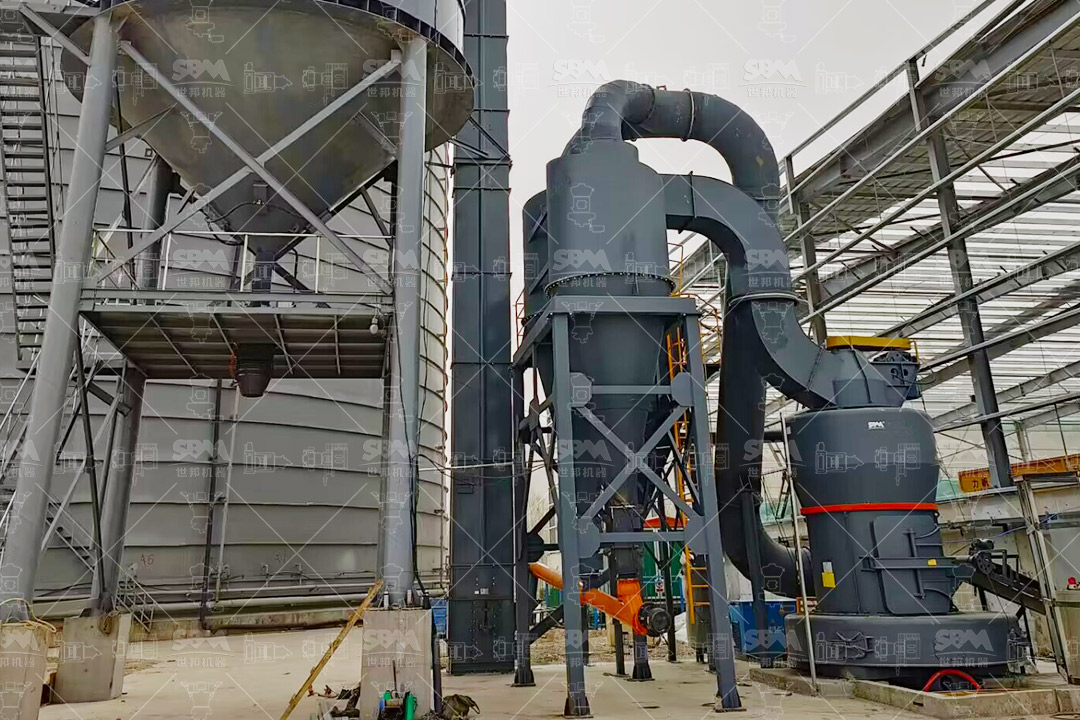Feldspar, one of the most abundant minerals in the Earth’s crust, serves as a fundamental raw material in the ceramic tile industry. Its unique properties—including fluxing characteristics, chemical stability, and mechanical strength—make it indispensable for producing high-quality ceramic tiles. The quality of feldspar powder directly influences the final product’s durability, aesthetic appeal, and production efficiency. This article explores the critical role of feldspar grinding mills in ceramic tile manufacturing and highlights advanced grinding solutions that optimize production outcomes.

Feldspar contributes significantly to the ceramic tile manufacturing process through multiple mechanisms:
The performance of these functions depends critically on the particle size distribution, purity, and consistency of the feldspar powder, all of which are determined by the grinding technology employed.
Ceramic tile production imposes specific demands on feldspar powder characteristics:
| Parameter | Requirement | Impact on Tile Quality |
|---|---|---|
| Particle Size | 325-2500 mesh (D97 ≤ 5μm) | Affects sintering behavior and surface smoothness |
| Size Distribution | Narrow distribution curve | Ensures uniform shrinkage and dimensional stability |
| Iron Contamination | < 0.5% | Prevents discoloration and surface defects |
| Moisture Content | < 1% | Maintains pressing characteristics and prevents blistering |
Meeting these specifications requires advanced grinding technology capable of precise particle size control while maintaining product purity and operational efficiency.
Modern feldspar processing facilities have moved beyond traditional ball mills to more sophisticated grinding systems that offer superior control over product characteristics and operational economics. Among these advanced solutions, our SCM Ultrafine Mill stands out as particularly suitable for high-quality ceramic tile production.
The SCM Ultrafine Mill represents a technological breakthrough in feldspar processing, specifically engineered to meet the exacting requirements of modern ceramic tile production:
The mill’s unique grinding mechanism—utilizing multiple layers of grinding rings and rollers—ensures thorough and uniform particle size reduction while specialized wear-resistant materials extend component life, reducing maintenance requirements and downtime.

| Model | Processing Capacity (ton/h) | Main Motor Power (kW) | Output Fineness (mesh) | Suitable Production Scale |
|---|---|---|---|---|
| SCM800 | 0.5-4.5 | 75 | 325-2500 | Small to medium tile factories |
| SCM900 | 0.8-6.5 | 90 | 325-2500 | Medium-scale production |
| SCM1000 | 1.0-8.5 | 132 | 325-2500 | Large tile manufacturing |
| SCM1250 | 2.5-14 | 185 | 325-2500 | High-volume production lines |
| SCM1680 | 5.0-25 | 315 | 325-2500 | Major industrial facilities |
For operations requiring coarser feldspar powders or processing larger feed sizes, our MTW Series Trapezium Mill offers an excellent alternative with output fineness ranging from 30-325 mesh and handling capacity up to 45 tons per hour.
Different grinding technologies offer varying advantages for feldspar processing in ceramic tile manufacturing:
| Technology | Optimal Fineness Range | Energy Efficiency | Maintenance Requirements | Suitability for Tile Production |
|---|---|---|---|---|
| Ball Mill | 0.074-0.8mm | Moderate | High | Limited (coarse grinding only) |
| Raymond Mill | 30-325 mesh | Good | Moderate | Good for standard tiles |
| MTW Trapezium Mill | 30-325 mesh | Very Good | Low | Excellent for standard to premium tiles |
| SCM Ultrafine Mill | 325-2500 mesh | Excellent | Very Low | Superior for premium tile production |
The SCM Ultrafine Mill demonstrates clear advantages for premium ceramic tile manufacturing where ultrafine powders with narrow particle size distributions are essential for achieving superior product characteristics.
Implementing advanced grinding technology like the SCM Ultrafine Mill in ceramic tile production delivers significant operational advantages:
The precise control over particle size distribution achieved with the SCM Ultrafine Mill translates directly to improved tile quality:
Beyond quality improvements, advanced grinding systems offer substantial economic benefits:
Modern grinding equipment incorporates environmental protection features essential for sustainable manufacturing:

Successfully integrating advanced grinding technology into ceramic tile production requires a systematic approach:
Evaluate current grinding operations to identify improvement opportunities:
Choose appropriate grinding equipment based on specific production needs:
Develop a comprehensive implementation plan:
The evolution of grinding technology continues to address emerging needs in the ceramic tile industry:
Our ongoing research and development program ensures that our grinding solutions remain at the forefront of these developments, continuously incorporating innovations that deliver value to ceramic tile manufacturers.
The selection of appropriate feldspar grinding technology represents a critical decision point for ceramic tile manufacturers seeking to enhance product quality, reduce production costs, and maintain competitive advantage. Advanced grinding systems like the SCM Ultrafine Mill offer unparalleled capabilities for producing the high-quality feldspar powders essential for premium tile manufacturing. With their combination of precision grinding, energy efficiency, operational reliability, and environmental compliance, these technologies represent the future of feldspar processing in the ceramic industry.
As tile manufacturers face increasing pressure to improve product quality while reducing environmental impact and production costs, investment in advanced grinding technology delivers measurable returns across all these dimensions. By partnering with equipment suppliers who understand the specific requirements of ceramic tile production, manufacturers can optimize their raw material preparation processes and position themselves for success in an increasingly competitive marketplace.